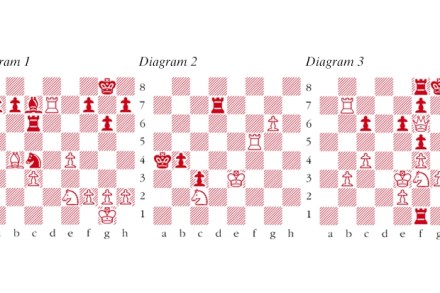The Queen won’t have been the only British girl messing about with Nazi salutes in 1933
Reassuringly, not even anti-monarchists are making mischief out of today’s pictures of an eight-year-old Queen being shown by her uncle how to make a Nazi salute. It’s a striking picture, but as everyone knows, it simply did not mean then what it means now. It was taken in 1933, when the full horrors of Nazism had not begun. It’s possible that the eight-year-old Queen was not following the rapidly-changing events in Germany very carefully. Hitlerism – with its uniforms, goose-stepping and other weird gestures – was seen by most Brits as a strange phase that Germany would soon grow out of. Hitler’s antics were looked upon with fascination and horror, but



















